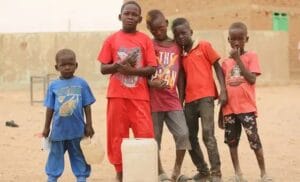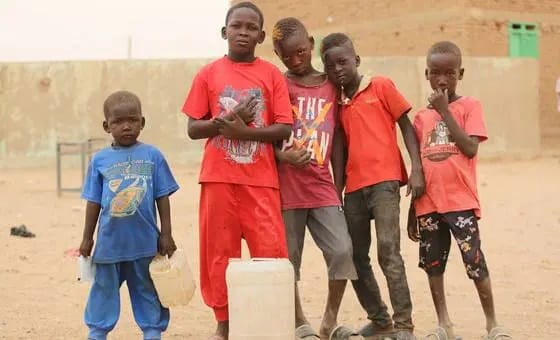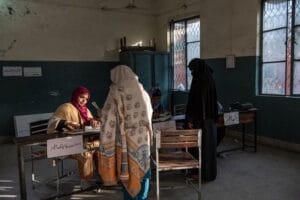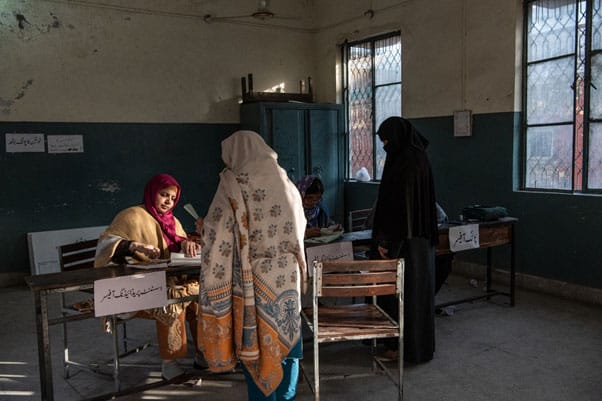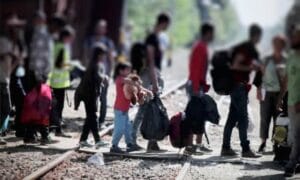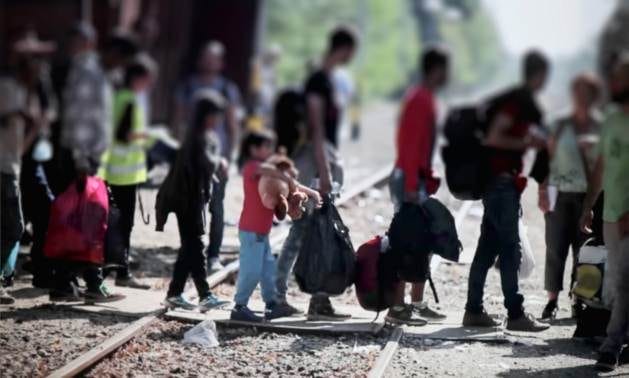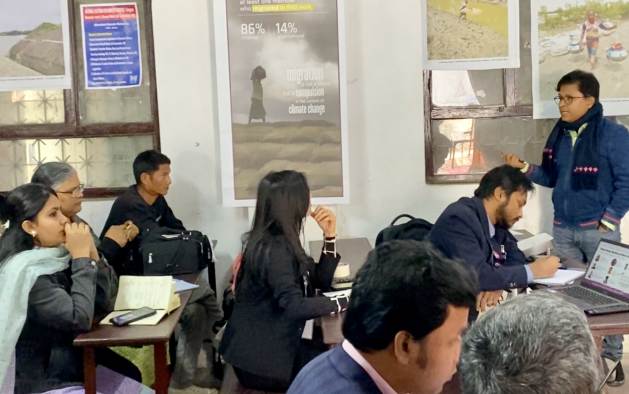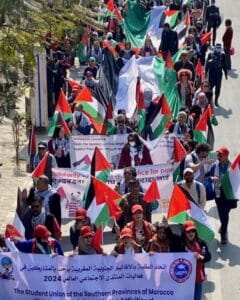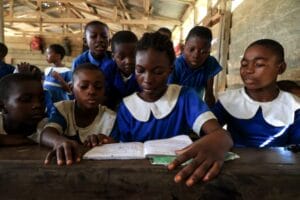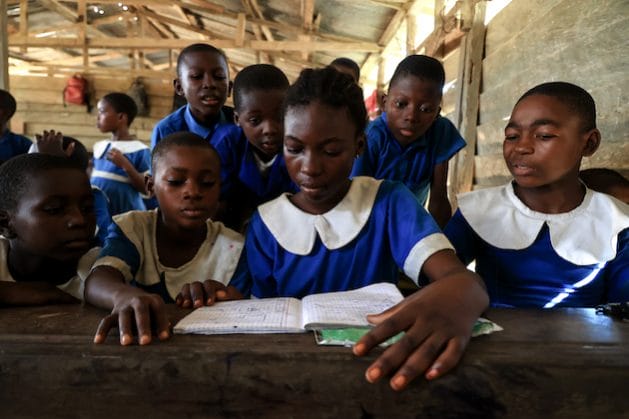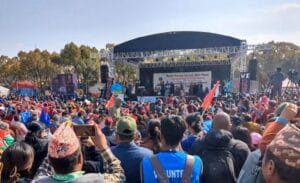
Armed Conflicts, Civil Society, Climate Action, Climate Change, Democracy, Economy & Trade, Global, Headlines, Human Rights, Inequality, Press Freedom, TerraViva United Nations
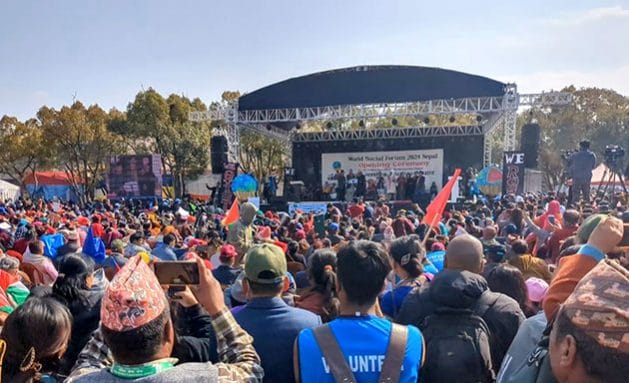
Opening of the World Social Forum 2024 in Kathmandu
– This week the 2024 annual meeting of the World Social Forum (WSF) was held in Nepal. There were fifty thousand participants from over 90 countries, exchanging strategies to address the multiple global crises, from climate catastrophes to unfettered capitalism, inequality, social injustice, wars and conflict.
The WSF was created in 2001 as a counterbalance to the elitism of the World Economic Forum (WEF). The WEF, founded and chaired by a private financial sector foundation, fosters the influence of the corporate world among governments in the luxury ski resort of Davos (Switzerland).
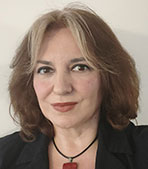
Isabel Ortiz
By contrast, the WSF was created as an arena for alternative thinking, where the grassroots and social avant-garde could gain a voice, challenging the neoliberal idea that “there is no alternative” (TINA); instead affirming that “another world is possible” built upon peace, human rights, real democracy, equity, and justice.
While Davos is the meeting for the 1%, the wealthiest people in the planet, Kathmandu is the meeting for the rest of us. The UN Secretary-General extended his best wishes for WSF 2024 for “restoring hope and finding innovative solutions for people and the planet.”
Indeed, the WSF 2024 was hotbed of ideas, alternative experiences and strategies. There is no concluding summary or annual declaration because the WSF organizers seek to maintain a plurality and diversity of messages. The following points reflect my personal overview of the key topics discussed:
- • Denouncing the genocide in Gaza, a demand for an immediate ceasefire and the establishment of a free state of Palestine.
• Refuse militarization and wars: Cut military spending and power, promote peace and democracy. Defense spending is increasing while austerity policies cut social spending, this trend must be reversed.
• Organize against the rise of the far right: Radical right governments around the world have eroded democracy, human rights and civil society. Reports were made of censorship, repression, abuses of justice, unjustified raids and unfair imprisonment of progressive citizens, by the governments of Modi in India, Duterte in Philippines, Orban in Hungary, Duda in Poland, Al-Sisi in Egypt, Trump in the US, Bolsonaro in Brazil, among others There were also many reports of abusive litigation by corporations and politicians against journalists, activist researchers and CSOs, that are silencing critical voices.
• Fight inequality to counter the excessive concentration of power and wealth in the hands of a small elite. Inequality is the result of deliberate political and economic choices, and it can be reversed to build a just, equal and sustainable world.
• End Austerity, illegitimate debt and neoliberal economic policies that have failed citizens resoundingly. These outdated policies, imposed by international financial institutions (IFIs) like the IMF and the World Bank through the Ministries of Finance and G20, mostly benefit corporations and investors in the US and in a few Northen countries, result in real and lasting harm to the lives of ordinary people. There are alternative economic policies, such as the adequate taxation of wealthy millionaires and corporations, that can finance prosperity for people and planet.
• Redress violations of human rights for women, Dalits (the ‘untouchables’) and lower castes, LGBT, persons with disabilities and different ethnicities; demanding enactment and implementation of inclusive policies and strategies to eliminate class, caste, gender and race-based disparities.
• The 2024 Feminist Forum focused on addressing systemic barriers that impede women’s rights, from patriarchy to macroeconomic policies, through transformative feminist action that leads to change.
• Ensure public services, universal social security or social protection, and labor rights for all, including informal workers and migrants, instead of the current austerity driven trend to privatize or corporatize public services, to reduce welfare benefits and to deregulate the labor market.
• Peasant protests and movements: La Via Campesina is the largest movement today with two hundred million peasant members fighting for food security, against agribusiness and GMOs. It is very active, has alliances with unions, indigenous peoples’ movements and it is a good model for other movements.
• Climate Justice: A number of sessions discussed climate catastrophes, the IFIs support for fossil fuels, just transitions, habitat, and sustainable development.
The lack of will of the world’s political and economic elites to resolve today’s multiple crisis fuels discontent among citizens and disillusionment with conventional parties. People everywhere are losing faith in governments, institutions, and economic and political systems. Governments and world leaders would do well to listen and to act upon the ideas coming from the World Social Forum.
Isabel Ortiz, Director of the think-tank Global Social Justice, was Director of the International Labor Organization and UNICEF, and a senior official at the United Nations and the Asian Development Bank.
IPS UN Bureau

